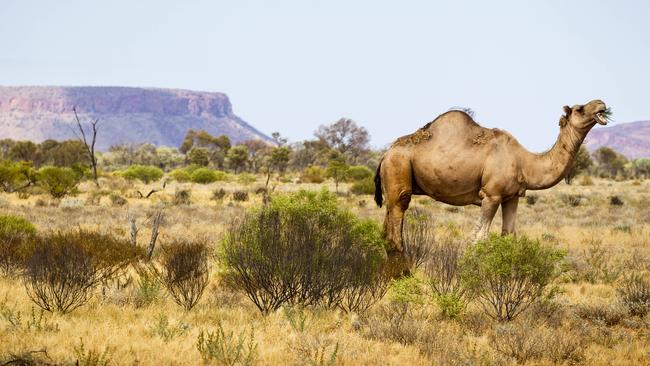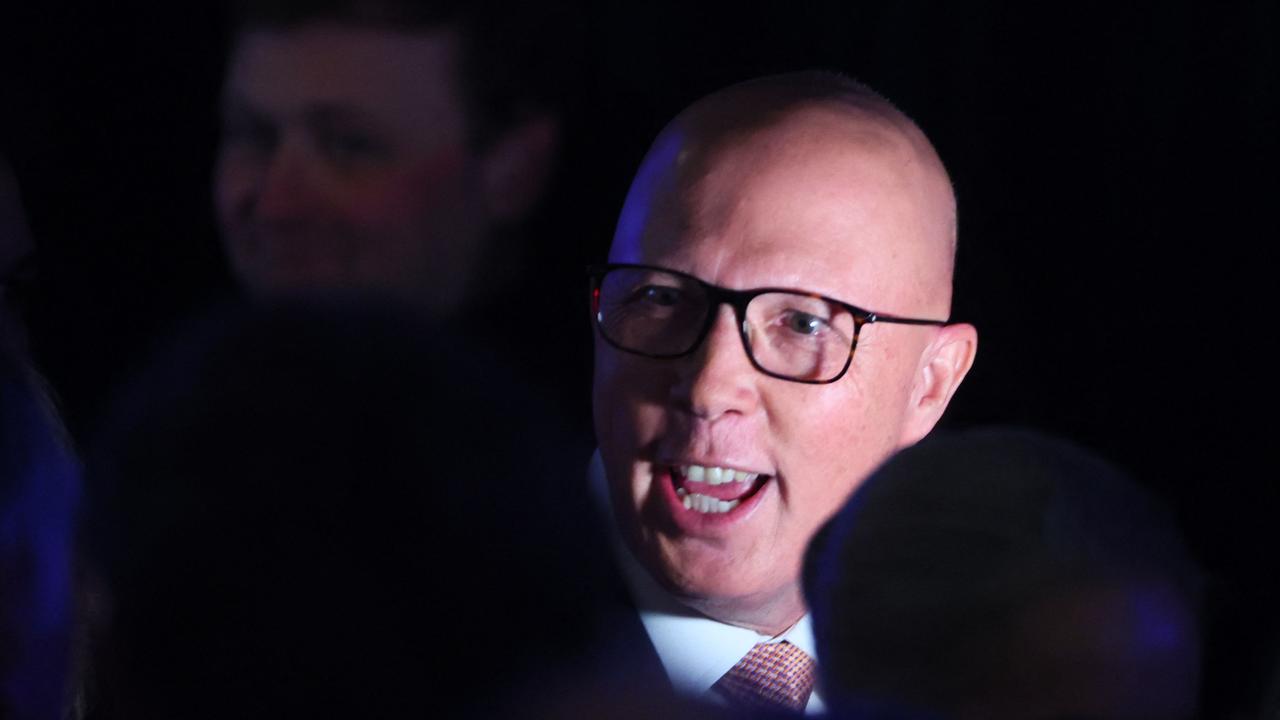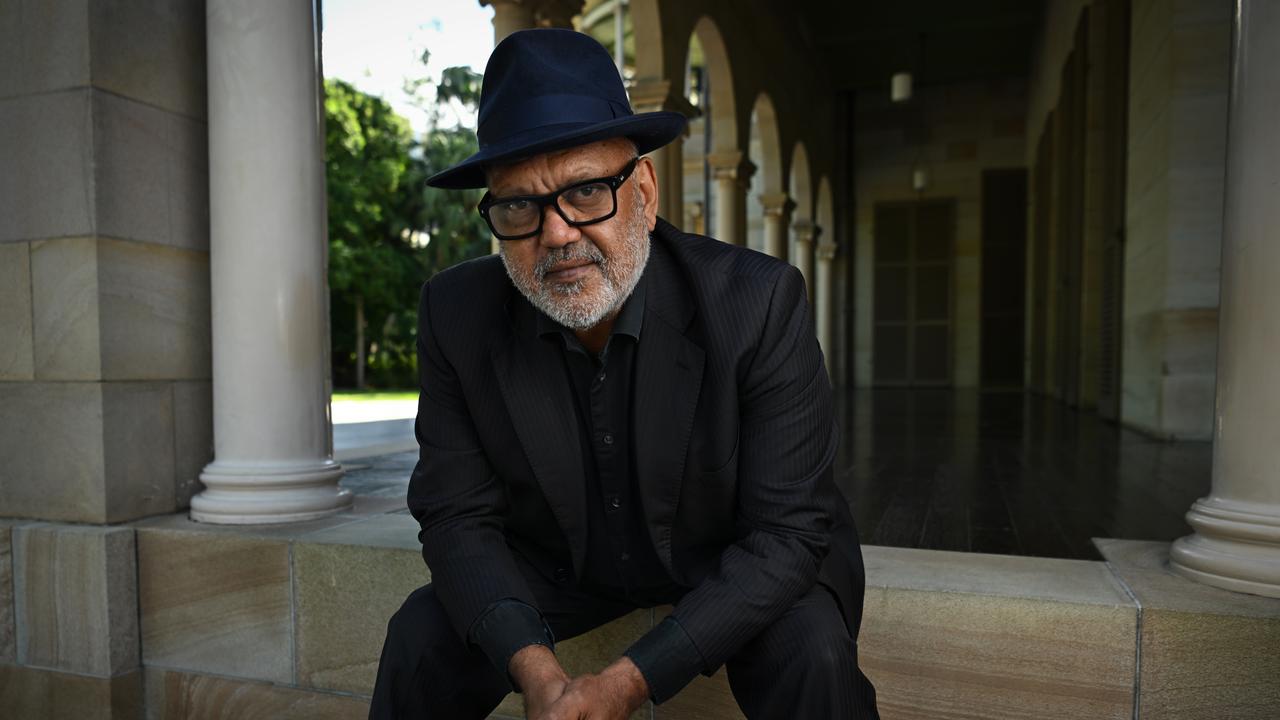APY Lands community blocks camel cull campaign
An indigenous group has blocked a mass cull of feral camels on their traditional land, saying it will destroy their camel meat enterprise.

An Aboriginal group in South Australia has blocked a mass cull of thousands of feral camels on their traditional land, saying the campaign was launched behind their backs and will destroy their camel meat enterprise.
Frank Young, the leading elder of the Amata community in the Anangu Pitjantjatjara Yankunytjatjara Lands in the state’s remote northwest, said “this is our land, we want to keep our business going, we live and die here”.
At a meeting on Thursday night, Amata leaders resolved to refuse to allow the five-day aerial shoot that began on Wednesday to proceed in their traditional lands, although it is going ahead elsewhere in APY territory.
Huge debate erupted domestically and internationally since The Australian broke the story this week that the APY executive board of management, elected by the communities, had resolved to allow the state government to use professional marksmen in helicopters to take out up to 10,000 camels.
Big herds of camels are creating havoc in some APY communities as they search for water during the drought, breaking down fences and attacking airconditioners as they smell the water in them. India Today headlined its story “drought-stricken Australia to cull 10,000 camels for drinking too much water”.
The article reported how the decision “has left Twitter angry”, with some commenting that it was unfair to make camels, some of which came to Australia from India, “scapegoats for man-made climate change”.
A petition against the camel cull started by an Israeli woman claims to have attracted more than 60,000 signatures.
The cull faced initial hesitation in some Christian Aboriginal communities in APY Lands, who regard camels as sacred since in the Bible the three wise men rode them to visit the baby Jesus.
The Amata leaders oppose the cull on economic grounds, saying it will damage a community business in which feral camels are herded and sold to an abattoir.
“It is Aboriginal business, the only business we got is the camel business,” Mr Young, a former APY chairman, said.
Another APY elder, Murray George, said the cull had been orchestrated by APY general-manager Richard King without adequate consultation.
“He should have had a meeting with the people, but he did it without us knowing,” Mr George said.
Mr King said the allegation the cull had been organised in a “sneaky” fashion was “absolutely not true”. He said the APY board represented all communities, and before shooting camels began in any one of them, a local meeting was called, as it had been on Thursday in Amata.
“In Amata, they said no, and that’s fine, we are going to move around that area,” Mr King said.
APY executive board member Marita Baker said her community of Kanypi, 1270km northwest of Adelaide, had been invaded by large numbers of camels. “They are roaming the streets looking for water,” Ms Baker said.




To join the conversation, please log in. Don't have an account? Register
Join the conversation, you are commenting as Logout